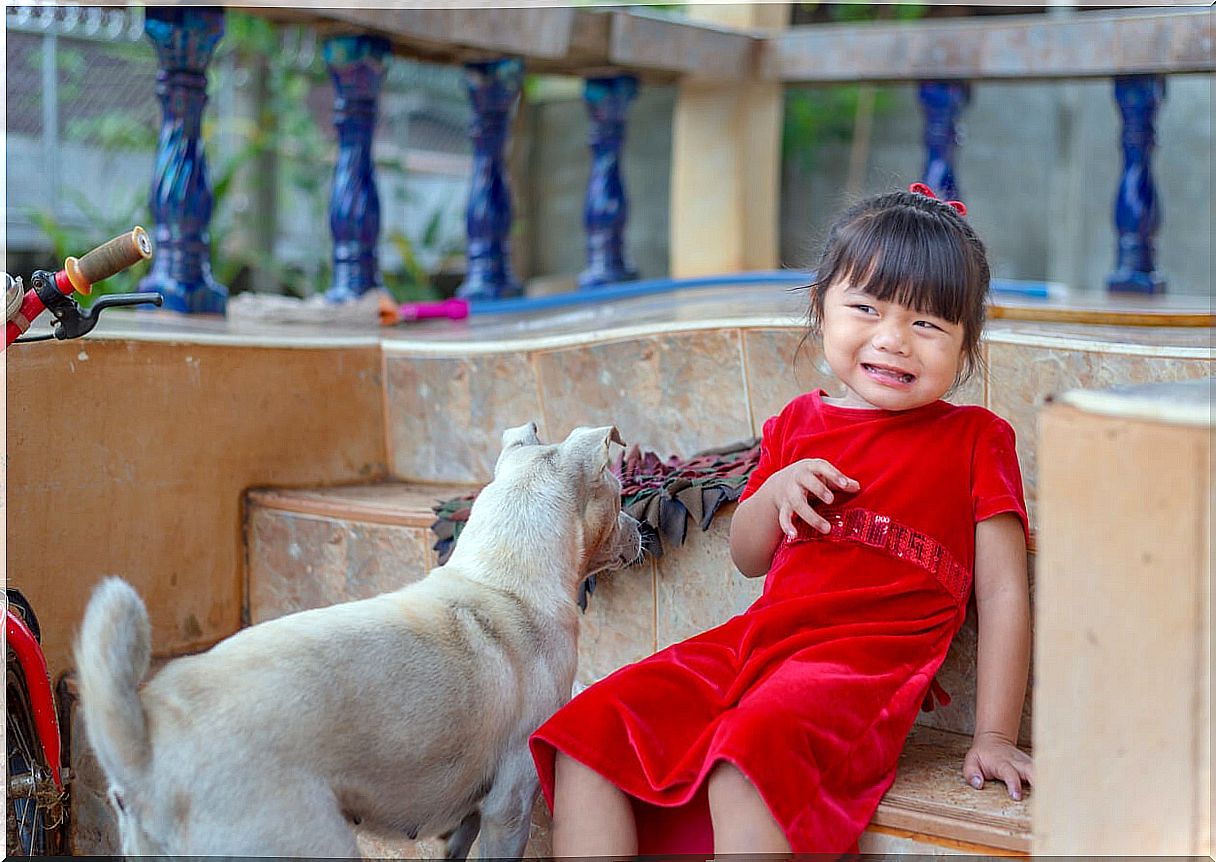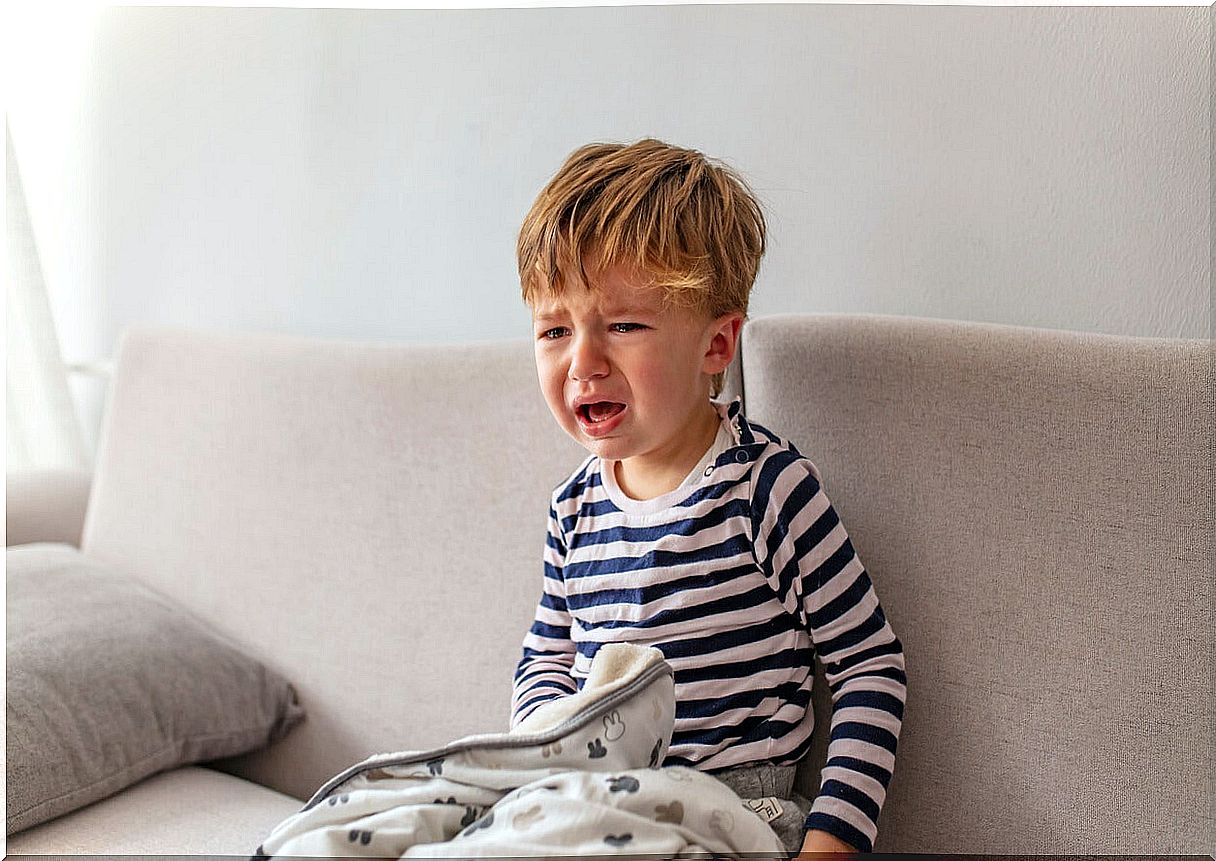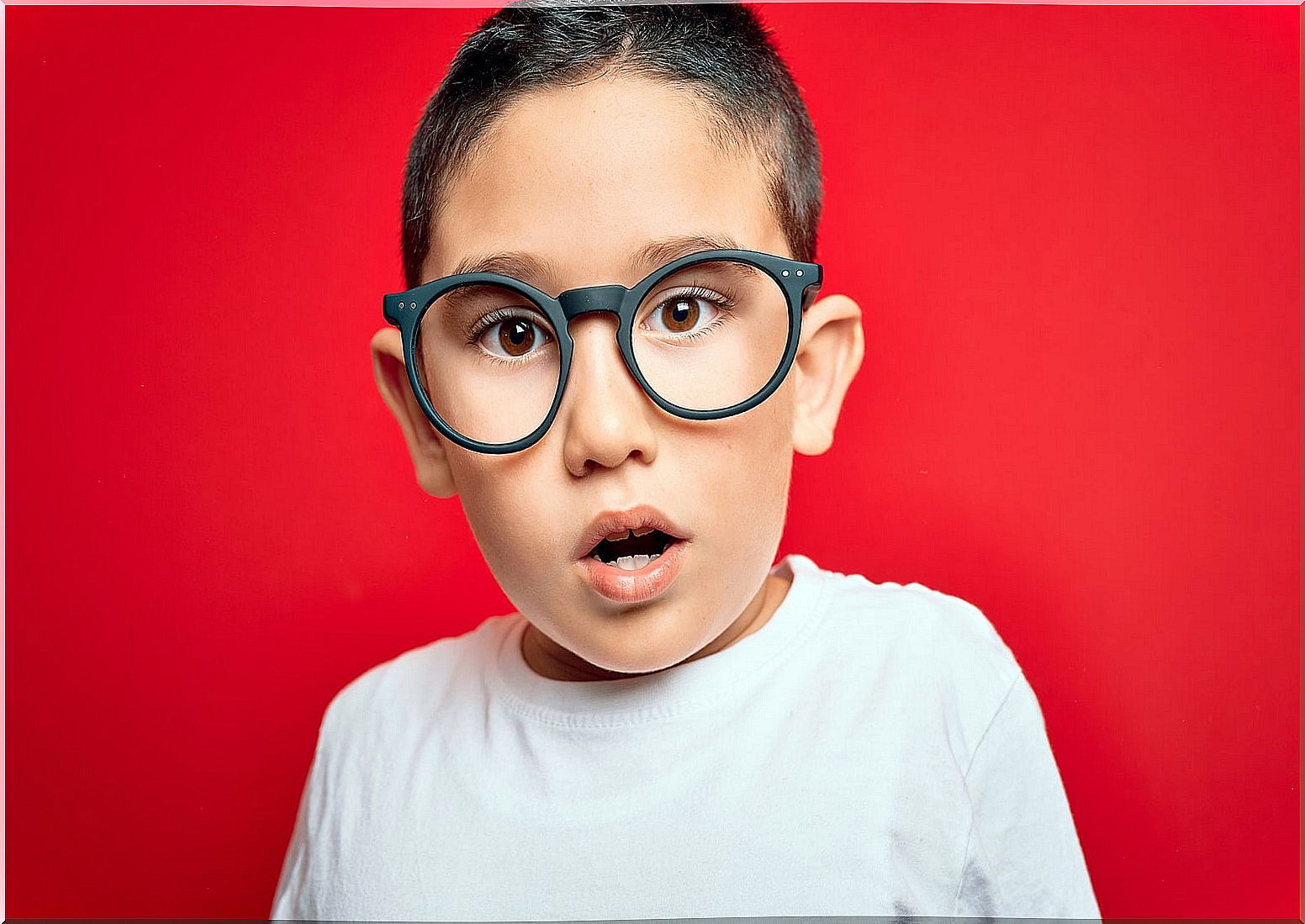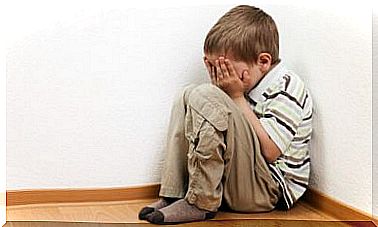My Son Is Afraid Of Everything, What Do I Do?

Is your child afraid of everything and you don’t know what to do about it? It is normal and very common for children to feel fear; It is even positive, since it protects them from possible dangers, as long as the fears are not irrational. There are fears that are common in all children and that occur in an evolutionary way depending on their age and, little by little, they are overcome if they are helped a little.
In this sense, they should be concerned when fears last a long time and, in addition, cause them a state of excessive anxiety.
In the following lines we tell you how you can help your child overcome those fears and how to encourage him to tell you what he feels and talk about his emotions. Parents often try to calm their children when they are afraid and downplay those fears.
What happens is that, for them, what they feel as a threat and causes fear is real. For this reason, we must help them manage those fears that, after all, are an emotion that prepares them to defend themselves against dangerous or unknown situations or things.
Why is your child afraid?

It is very common for children to have different fears, depending on the stage of development they are in. Normally, as we have mentioned, fears are evolutionary and they change as their cognitive, emotional and social characteristics do. These fears usually go away as they grow older.
Depending on their characteristics and experiences, there are children who experience these fears in different ways or they may never experience a fear that occurs frequently in children their age.
For example, a child who has ever been attacked by a dog will not react the same as another who has had positive experiences with them. The first will be afraid and may even experience anxiety in the presence of one, while the other will not be affected.
Another issue is that some parents resort to instilling fear in children in order to protect them from dangerous situations (strangers, animals, traffic, plugs, etc.), but sometimes they also use it to control their behavior. This educational practice occurs frequently and a child can be made to obey at that time, but in the long run it will bring more serious problems. So be careful with this.
What to do if your child is afraid?
When a child is very skittish and is often afraid, these recommendations can be followed:
- Know what scares him and talk to him so that he feels understood and heard. Explain that sometimes it is normal to be afraid, but other times those fears have no real basis.
- Always show understanding and support. The child has to feel that the parents can help him overcome this fear.
- Convey calm and security by maintaining a relaxed tone of voice.
- Teach him how to overcome those moments of anxiety , using relaxation techniques, breathing techniques, listening to music or any activity that keeps him busy.
- Reason why he is out of danger and that his fear does not respond to any real situation, if it is the case.
- Face the fears of the little one with him. If you are afraid of dogs, it is advisable not to get off or cross the sidewalk if you come across one. You have to act naturally, in this way, the little one will realize that this fear is not right, because dogs do not bite people.
- Encourage him to face his fears little by little with your help ; When he has brave behaviors, you will praise him.
- Be your example. Parents have to be a model of improvement and, if they themselves are afraid of something, they must face it, just as the child is being asked.
- Keep humor in mind. The best remedy against fear is to transform the aspects that cause fear in children for other funnier characteristics.
What not to do?
It is inevitable that children feel fear of certain things, but if they have the patience and help of their parents, that fear will disappear. It is important that the little one feels confident that his parents or people who are with him will help him. We tell you what you should not do if your child is afraid:

- Do not ignore or downplay the child’s fears. If this is done, the little one will feel that there is disinterest towards him, in addition to a lack of attention and affection.
- Do not use stories of ghosts, witches, or other fantastic beings, especially before going to sleep.
- Do not laugh at their fears or embarrass or make fun of them . If phrases such as “children your age do not have that fear” or “you are not ashamed that you are afraid of that” are used , it will not reduce their fear, but will cause the child to no longer tell their fears.
- Do not avoid those things that you fear, because you can overcome fear at that moment, but you do not overcome it definitively.
- Do not give it more importance than it has. If he is afraid of a dog and you step up to let him know that you stand up for him, your child will understand that dogs really are dangerous and you will not help him overcome that fear.
- Do not use the bed as a means of solving your fear of the dark, for example.
- Don’t force him to face his fear alone. If a child is afraid of the dark, do not force him to enter the room alone if he does not want to. Your anxiety will increase and that fear will become more resistant.
Help if your child is afraid
Fears are something normal and evolutionary in the little ones and they tend to pass as they grow older. If your child is afraid and you consider that it incapacitates him, causes him excessive anxiety and has a significant impact on his life, it is important that, in addition to following these tips, you seek professional help. Thus, you will be able to orient yourself, find and try to solve that irrational fear.
Fear is an emotion that triggers a natural defense mechanism against the dangers we face. This is positive in certain situations so as not to put life in danger; the problem arises when this fear has no real basis and causes significant discomfort in the person who suffers it.










